
Hydrogen Fuel Cells Beswick Engineering
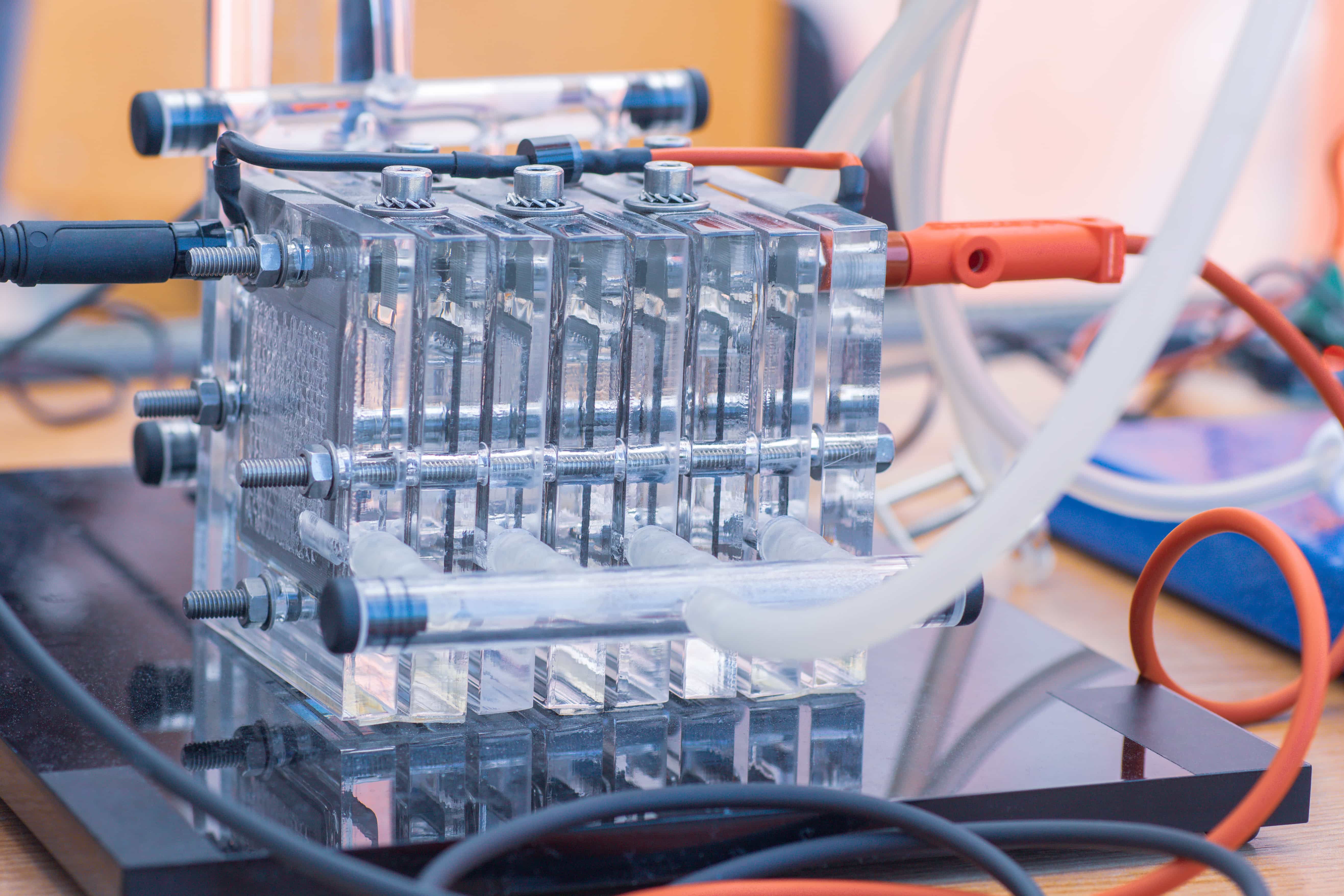
Hydrogen-powered fuel cells convert the chemical energy in the stored gas to electrical energy via an electrochemical process. This creates electricity to power the vehicle. This process is extremely efficient. Nine litres of water can produce one kilogram of hydrogen via electrolysis.
H2 supply shortage hits N. California again, Air Products distribution

Explosion Numerical simulation Introduction Hydrogen fuel cell is a kind of power generator that hydrogen energy can be directly transformed to electric energy, which exhibits a series of advantages mainly including low emission, high efficiency, great energy density, favorable stability and low noise [1].
Hydrogen Fuel Cell Photograph by Wladimir Bulgar/science Photo Library
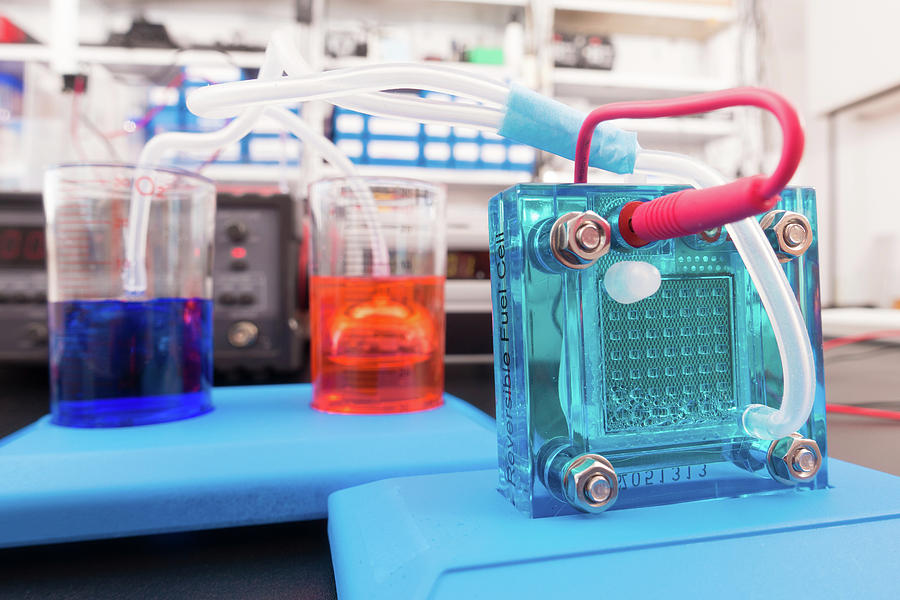
That's the hydrogen fuel-cell vehicle, related to an EV but with specific differences that make hydrogen cars different and much rarer. To date, about 2.5 million EVs have been sold in the U.S.
Hydrogen fuel cell coderinfo
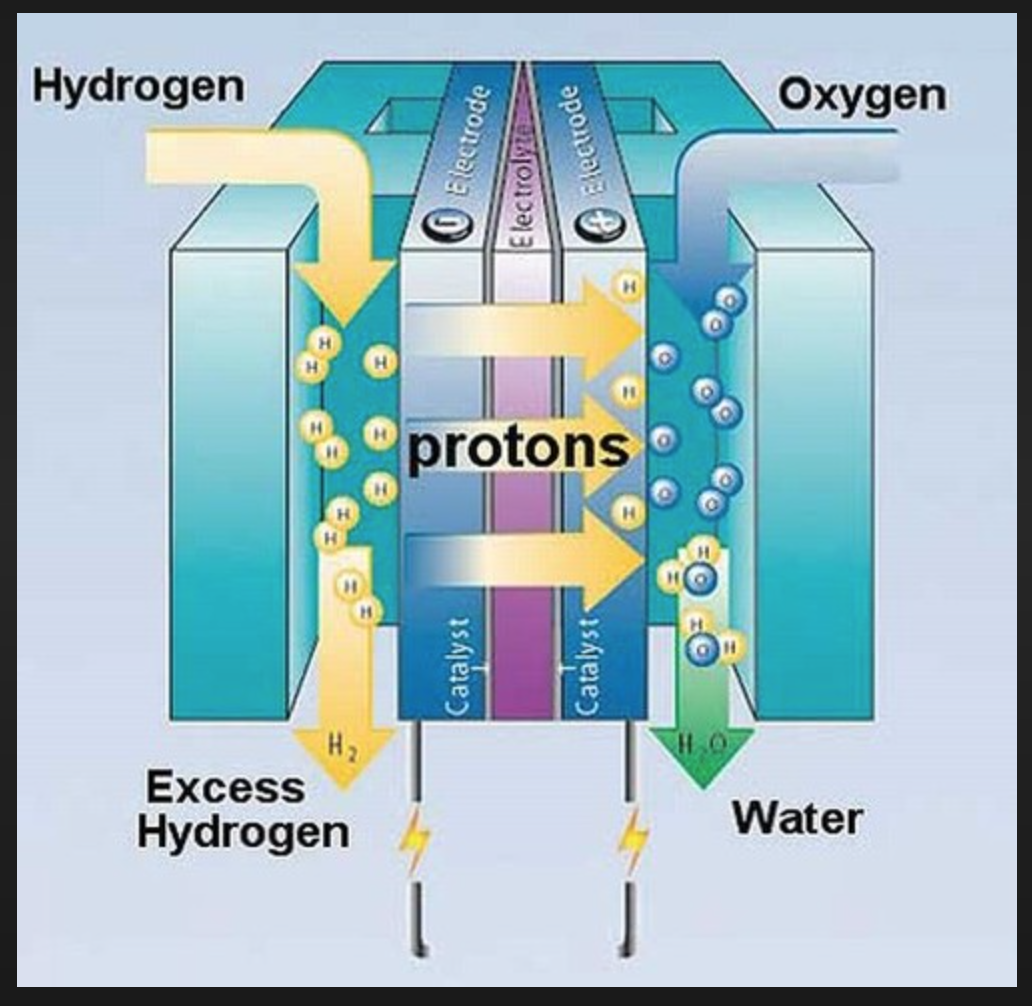
Open Access Article Risk Assessment of Explosion Accidents in Hydrogen Fuel-Cell Rooms Using Experimental Investigations and Computational Fluid Dynamics Simulations by Byoungjik Park , Yangkyun Kim * and In-Ju Hwang
Hydrogen explosions small HHO cell YouTube

The rise in hydrogen fuel cell electric vehicles (FCEVs) is expected to pose a variety of hazards on the road. Vehicles using hydrogen could cause significant damage, owing to hydrogen vapor cloud explosions, jet fires caused by leakage, or hydrogen tank explosions.
Hydrogen station explodes, Toyota halts sales of fuel cell cars, is
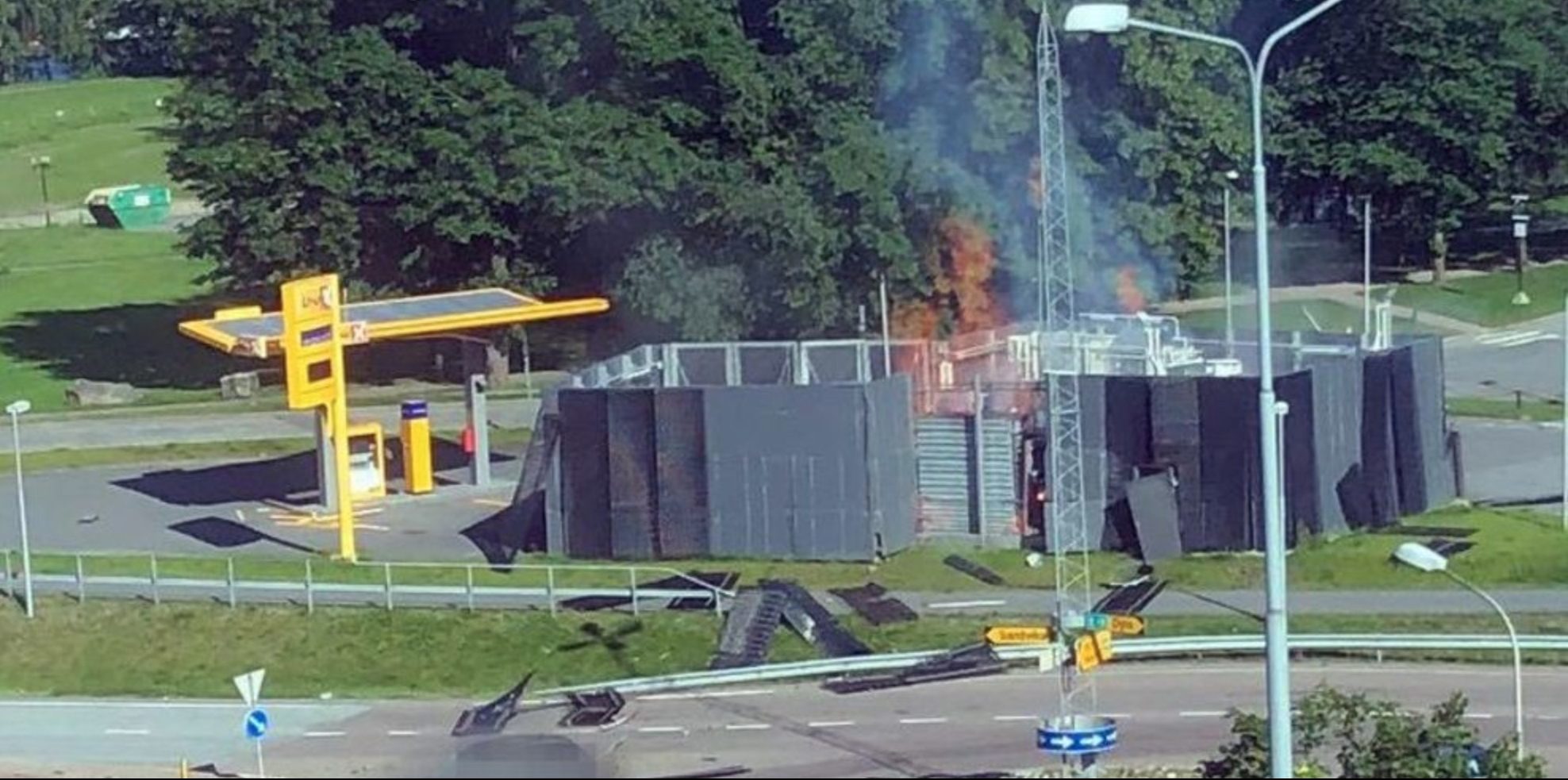
It is found that the main reason for the fire or explosion of hydrogen fuel cell vehicles is the failure of hydrogen supply pipelines and valves, and the hydrogen leakage and diffusion in the tunnel will be affected by the leakage direction, leakage site, and ambient wind.
Bjorn’s Corner The challenges of hydrogen. Part 23. Hydrogen fuel

According to OSHA, "Hydrogen used in the fuel cells is a very flammable gas and can cause fires and explosions if it is not handled properly. Hydrogen is a colorless, odorless, and tasteless gas. Natural gas and propane are also odorless, but a sulfur-containing (Mercaptan) odorant is added to these gases so that a leak can be detected."
Hydrogen explosions shut down several stations in U.S. & Europe

Hydrogen fuel cells are emerging as a high-potential technology that offers significant energy efficiency and decarbonisation benefits to a range of industries—including automotive and heavy transport. In a new joint-venture with automotive systems supplier ElringKlinger, Airbus is investing to mature fuel cell propulsion systems for the aviation market.
Instant hydrogen production for powering fuel cells

The application of hydrogen energy combined with fuel cells in power generation,. The combustion and explosion of hydrogen produce high temperature and high pressure, further escalating the hazard. Hydrogen requires very low ignition energy to be ignited in air, and its minimum ignition energy (MIE) is only 4% that of methane..
Hydrogen Station Explosion Halts Fuel Cell Sales in Norway

It is found that the main reason for the fire or explosion of hydrogen fuel cell vehicles is the failure of hydrogen supply pipelines and valves, and the hydrogen leakage and diffusion in the tunnel will be affected by the leakage direction, leakage site, and ambient wind.
Hydrogen station explodes, Toyota halts sales of fuel cell cars, is
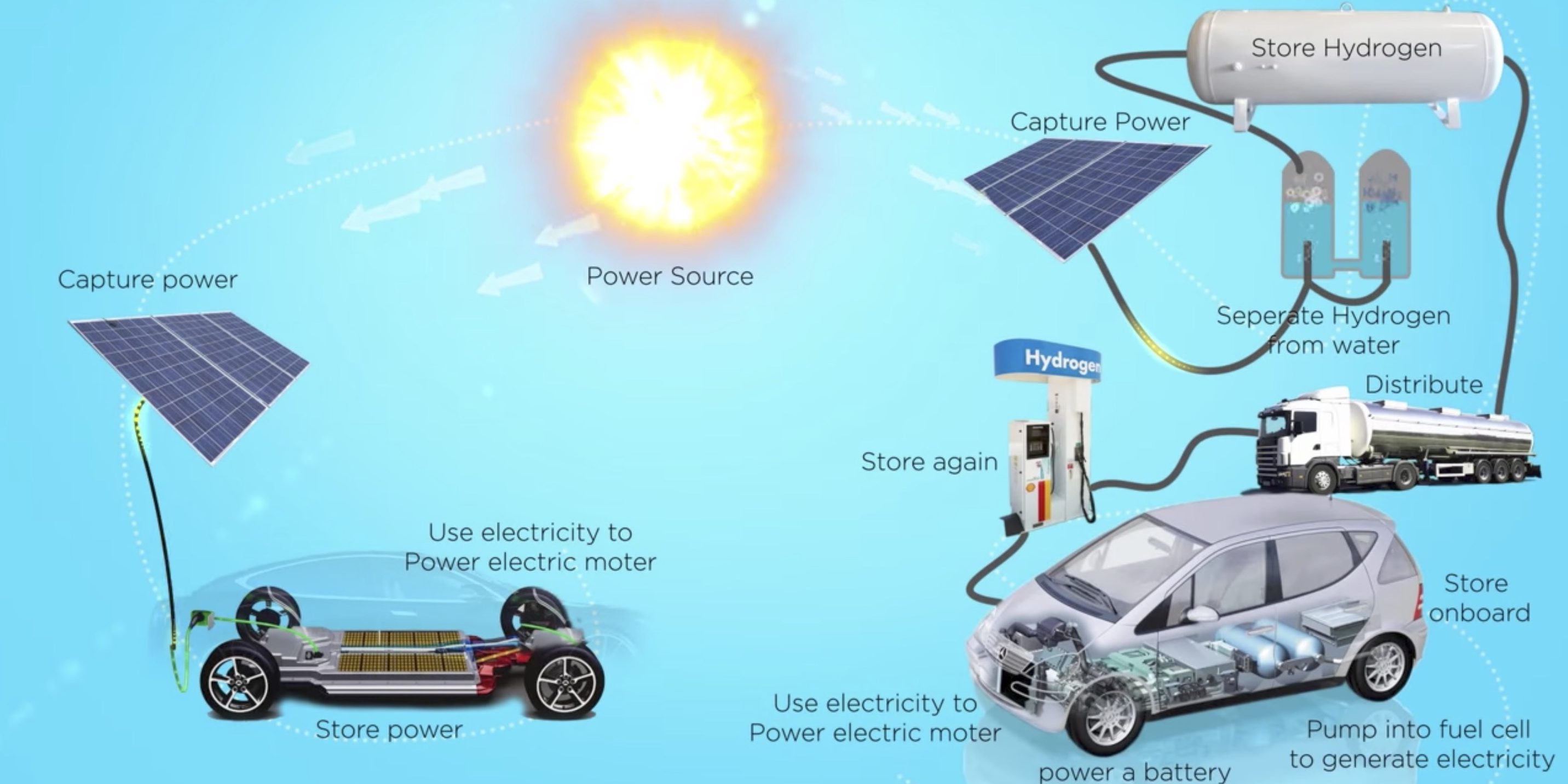
Hydrogen fuel cells are a promising technology for small to medium sized power, particularly for road and rail freight. However, hydrogen has a wide flammability range and its deflagration-to-detonation distance, the point at which a low-grade explosion becomes a destructive supersonic detonation, is poorly characterized.
Hydrogen station explodes in Norway, fuel cell car sales suspended

The explosion has left fuel-cell vehicle (FCV) owners few options to charge as Uno-X, is the leading supplier in the country. And the situation has a broader global implication. And the situation.
加氢站爆炸 储能站着火 新能源路长且艰爱卡汽车
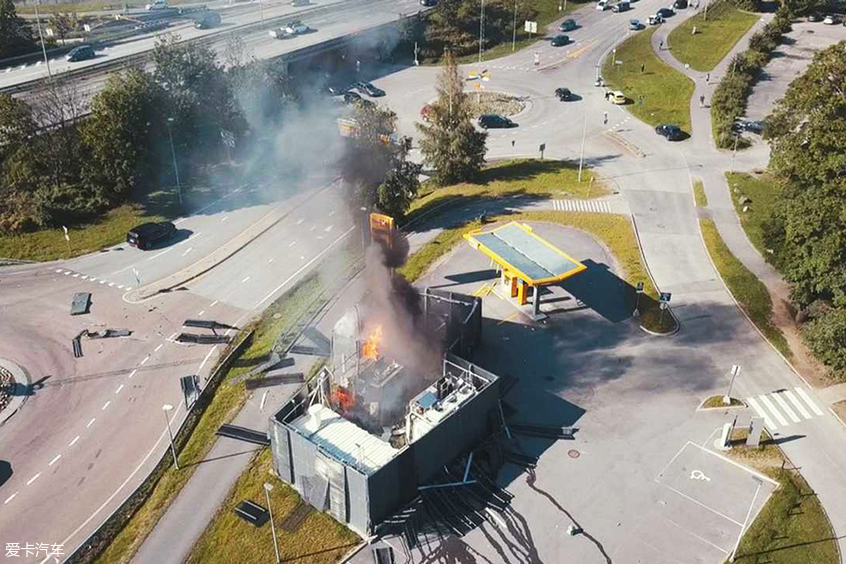
Hydrogen premix-explosion in a fuel cell container was simulated with a 30% hydrogen volume fraction. All grids used in this study were hexahedral. To ensure precise calculations, the inner space of the hydrogen fuel cell container and the corresponding external space of the outlet were refined. The Smooth function was implemented to smooth the.
Hydrogen fuel cells are being dubbed the fuel of the future. So how

Although hydrogen is not a toxic gas, it has a wide flammable range (4-75%) and can explode due to static electricity. Therefore, studies on hydrogen safety are urgently required. In this study, an explosion was induced by applying fire to the lower part of a fuel cell electric vehicle (FCEV).
Hyperion XP1 hydrogen fuelcell supercar touts 1,000mile range, 221
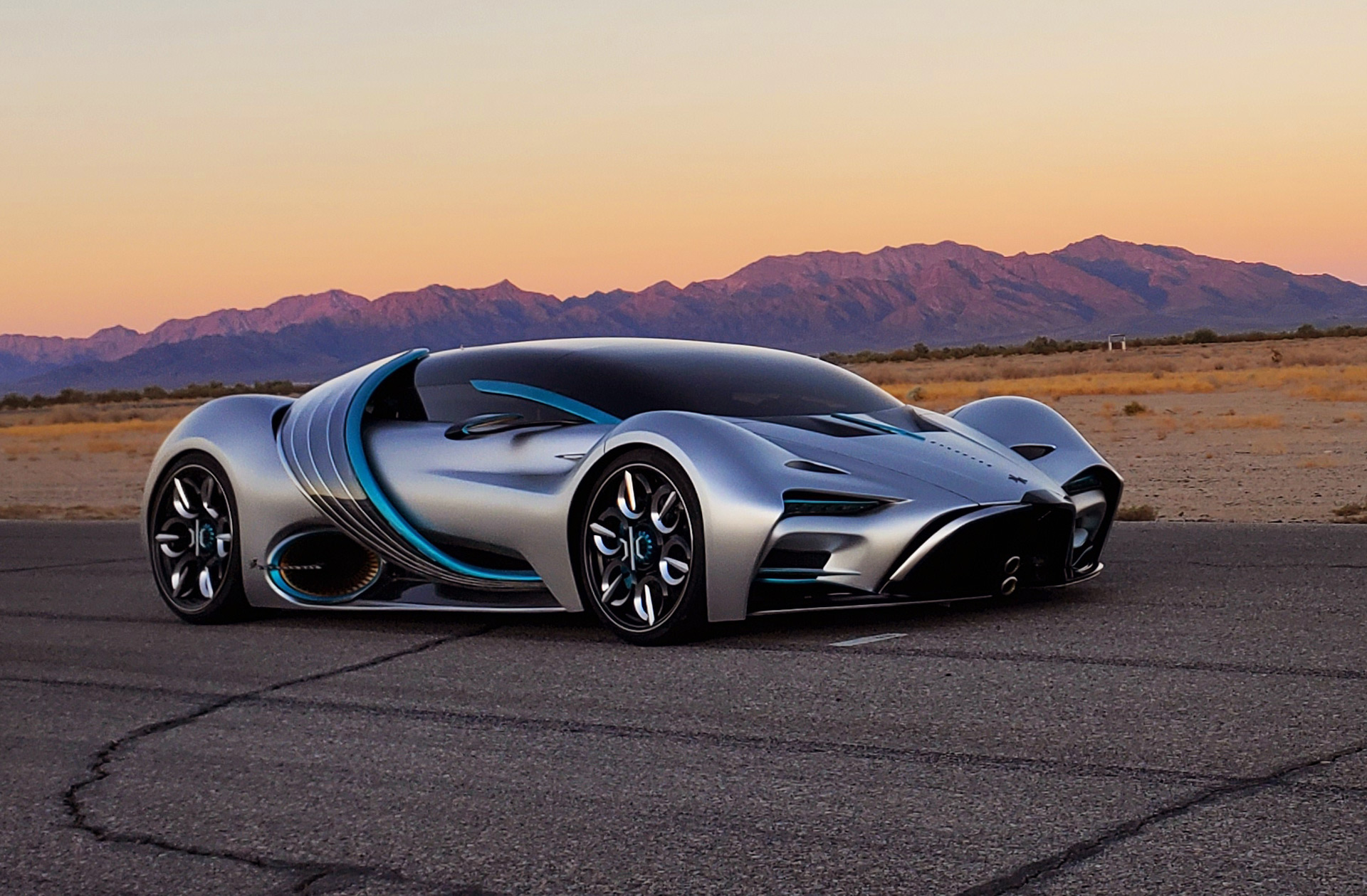
Mention of the fuel-cell cars now being prepared for commercialization around 2015 ( GM, Honda, Toyota and many others have serious programs) inevitably recalls the hydrogen-powered Hindenburg.
Run on Less with Hydrogen Fuel Cells RMI

Hydrogen fuel cells, which have the advantages of low emissions, high energy efficiency, and low noise, are considered to have a promising future as generators (Manoharan et al. 2019). However, hydrogen fuel cells are prone to leaks and explosions during rapid hydrogen refueling (Zhang et al. 2022). Therefore, the explosion hazard regarding the.